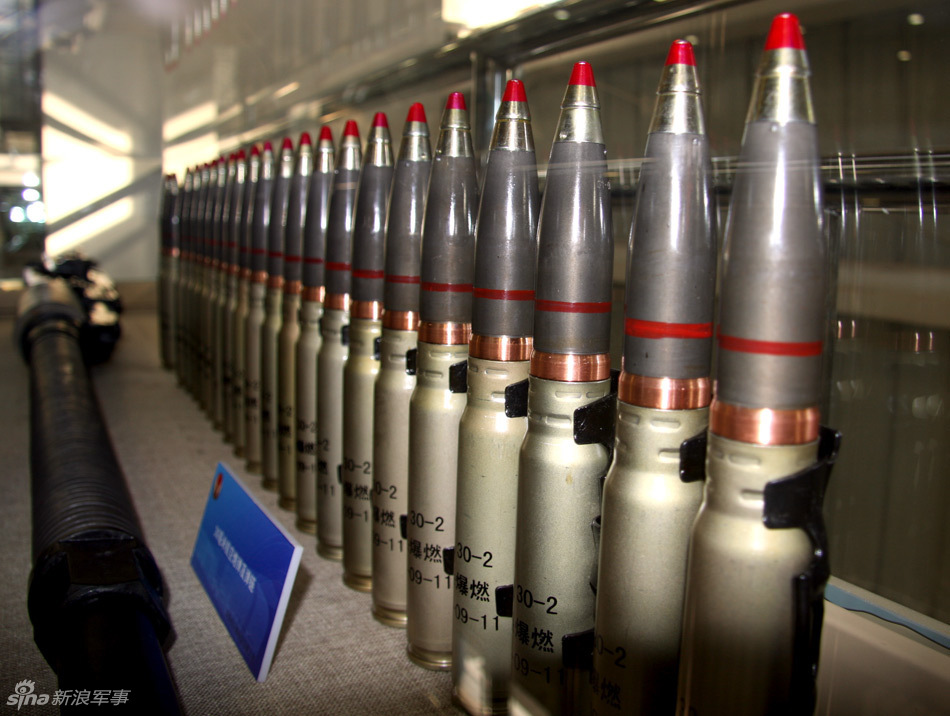- Joined
- Nov 5, 2014
- Messages
- 757
- Points
- 28
http://webcache.googleusercontent.c...ina/zheng-he-text/3+&cd=7&hl=en&ct=clnk&gl=sg
Since well before the Middle Ages, the narrow passage between Sumatra and the Malay Peninsula has been essential to international trade. In 1407 Chen Zuyi was its unrivaled scourge. Operating out of Palembang, a city on Sumatra with a large Chinese population, his heavily armed junks intercepted almost every convoy that passed, including the Ming armada.
Zheng made the opening gambit, demanding Chen's surrender, and the pirate quickly signaled agreement—while preparing for a surprise pre-emptive strike. But details of his plan had been provided to Zheng by a local Chinese informant, and in the fierce battle that ensued, the pirate fleet was destroyed and 5,000 of its men killed. Chen was captured and held for public execution in Nanjing.
The informant was installed as Palembang's new ruler and incorporated into what would become a far-flung system of allies who acknowledged Ming supremacy in return for diplomatic recognition, military protection, and trading rights. By the end of the Yongle reign, the kings or ambassadors of more than 30 foreign states had paid official visits to the emperor bearing tribute. They were ferried to China in luxurious staterooms on the baochuan.
The most detailed record of Zheng He's triumph on the Strait of Malacca is found in The Overall Survey of the Ocean's Shores, published in 1451 by Ma Huan, a Chinese Muslim from Zhejiang who spoke Arabic and served as an interpreter on at least three of the voyages.
Ma is entranced by the exotic customs and bounty of the tropics, where most of the fleet's destinations lay. "How can there be such diversity in the world?" he exclaims at one point.
In Champa he and his fellow sailors dine on the succulent jackfruit, with its "morsels of yellow flesh, as big as a hen's egg and tasting like honey."
"The coconut has ten different uses," he learns in India, ranging from sweet syrup, wine, and oil to the production of rope-fiber, thatched roofs, and shell bowls.
So extensive is the array of spices, nuts, herbs, plants, and cooking styles described and cataloged by Ma, says Mark Stephen Mir, of the University of San Francisco's Ricci Institute for Chinese-Western Cultural History, "that you could probably trace Zheng He's voyages along culinary lines alone."
The Treasure Fleet crewmen are dazzled by the strange birds of Java—cockatoos, mynahs, and parrots—"all of which can imitate human speech," Ma enthuses. But he is appalled by the incessant violence of real humans on Java, where he discovers that "little boys of three years to old men of a hundred years" routinely carry knives. "If a man touches their head with his hand, or if there is a misunderstanding about money at a sale, or a battle of words when they are crazy with drunkenness, they at once pull out these knives and stab [each other]."
Zheng's ships carry thousands of young sailors. Not surprisingly their imaginations—and shore leaves—are often aimed at the opposite sex. "If a woman is very intimate with one of our men, wine and food are provided, and they drink and sit and sleep together," Ma reports from the Kingdom of Siam, today's Thailand. Siam's men, by his account, are no less erotically inclined: At the age of 20, he writes, they insert tin or gold beads in their foreskins, which "when the man walks about, make a tinkling sound. . . . This is a most curious thing."
Since well before the Middle Ages, the narrow passage between Sumatra and the Malay Peninsula has been essential to international trade. In 1407 Chen Zuyi was its unrivaled scourge. Operating out of Palembang, a city on Sumatra with a large Chinese population, his heavily armed junks intercepted almost every convoy that passed, including the Ming armada.
Zheng made the opening gambit, demanding Chen's surrender, and the pirate quickly signaled agreement—while preparing for a surprise pre-emptive strike. But details of his plan had been provided to Zheng by a local Chinese informant, and in the fierce battle that ensued, the pirate fleet was destroyed and 5,000 of its men killed. Chen was captured and held for public execution in Nanjing.
The informant was installed as Palembang's new ruler and incorporated into what would become a far-flung system of allies who acknowledged Ming supremacy in return for diplomatic recognition, military protection, and trading rights. By the end of the Yongle reign, the kings or ambassadors of more than 30 foreign states had paid official visits to the emperor bearing tribute. They were ferried to China in luxurious staterooms on the baochuan.
The most detailed record of Zheng He's triumph on the Strait of Malacca is found in The Overall Survey of the Ocean's Shores, published in 1451 by Ma Huan, a Chinese Muslim from Zhejiang who spoke Arabic and served as an interpreter on at least three of the voyages.
Ma is entranced by the exotic customs and bounty of the tropics, where most of the fleet's destinations lay. "How can there be such diversity in the world?" he exclaims at one point.
In Champa he and his fellow sailors dine on the succulent jackfruit, with its "morsels of yellow flesh, as big as a hen's egg and tasting like honey."
"The coconut has ten different uses," he learns in India, ranging from sweet syrup, wine, and oil to the production of rope-fiber, thatched roofs, and shell bowls.
So extensive is the array of spices, nuts, herbs, plants, and cooking styles described and cataloged by Ma, says Mark Stephen Mir, of the University of San Francisco's Ricci Institute for Chinese-Western Cultural History, "that you could probably trace Zheng He's voyages along culinary lines alone."
The Treasure Fleet crewmen are dazzled by the strange birds of Java—cockatoos, mynahs, and parrots—"all of which can imitate human speech," Ma enthuses. But he is appalled by the incessant violence of real humans on Java, where he discovers that "little boys of three years to old men of a hundred years" routinely carry knives. "If a man touches their head with his hand, or if there is a misunderstanding about money at a sale, or a battle of words when they are crazy with drunkenness, they at once pull out these knives and stab [each other]."
Zheng's ships carry thousands of young sailors. Not surprisingly their imaginations—and shore leaves—are often aimed at the opposite sex. "If a woman is very intimate with one of our men, wine and food are provided, and they drink and sit and sleep together," Ma reports from the Kingdom of Siam, today's Thailand. Siam's men, by his account, are no less erotically inclined: At the age of 20, he writes, they insert tin or gold beads in their foreskins, which "when the man walks about, make a tinkling sound. . . . This is a most curious thing."








